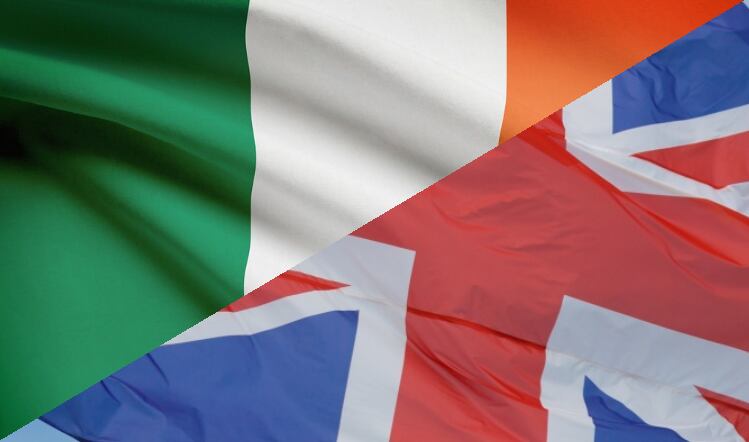EU trade rules bar the entry of fresh processed meat imports into the EU from countries with which it does not have a trade deal (so-called ‘third countries’). The UK will be a third country if a deal is not struck, so the EU would not let its fresh meat products in from 1 January 2021.
As a result, a reciprocal ban has been proposed by UK Government, preventing the flow of EU fresh processed meat into the UK. However, this would include meat products from NI. That’s because according to the NI Protocol, although part of the UK, NI would remain subject to EU import/export requirements to prevent extensive customs checks, creating a hard border with the Republic of Ireland.
A deal
A deal between the UK and the EU would allow the UK and NI to avoid costly tariffs, but the need for customs checks would remain.
Speaking on radio show Morning Ireland, Ireland’s agriculture minister Charlie McConalogue said the prospective ban reflected issues caused by Brexit and the lack of a UK-EU free-trade agreement.
“Up until recently the UK indicated that it wasn’t their intention to imply restrictions on food imports coming into the UK, as the EU apply in terms of imports into the EU,” said McConalogue. “However, in recent weeks the UK had indicated that they would reciprocate the same requirements that the EU has for certifying imports.
Questions raised
“That raises a question mark over chilled and non-frozen processed meat exports to the UK. It’s really important now that there is really strong engagement in the next number of weeks to look at the means by which this issue can be resolved.”
Best outcome for Northern Ireland
“There’s no doubt that the NI protocol is the best outcome for Northern Ireland and the island of Ireland, but it doesn’t remove all issues and we have to work to iron those out,” added McConalogue.
With the end of the transition period rapidly approaching, he urged food and drink firms to ensure they were prepared if they wished to continue exporting to Great Britain.
“There will be additional certification required over and above than what it is at the moment,” he concluded. “Each company does need to look at what is going to be required of them.”
“Critical to all this is the completion of a good trade deal in a short period of time. If we don’t have that, it will make trade a lot more complicated and a lot more expensive – and tariffs on products – so we are working hard to ensure that doesn’t happen.”

